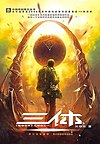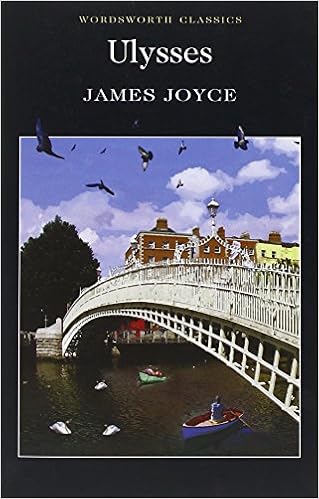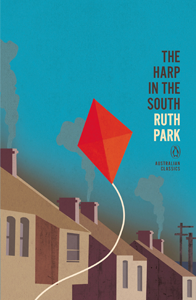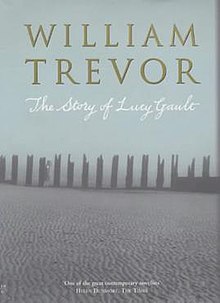My book club theme this month is a book narrated from an animal’s perspective. My library had a limited choice so basically I was looking at a re-read of Watership Down, or James Herbert’s Fluke, when I stumbled upon an audio version of The Plague Dogs by Richard Adams. I vaguely remembered trying to watch the movie, not liking it and switching it off within the first five minutes, so although I wasn’t terribly keen on reading the book, faced with a lack of options, I downloaded it.
I found the writing style very dated and at times a little off-putting (Digby Driver’s confrontation with ‘Annie Mossity’ had me cringing) but it unexpectedly pulled me into the unfolding drama. I became very fond of the upbeat Snitter and his cynical side kick Rowf, the two dogs who dare to escape from an animal testing facility in the north of England.
The narrative alternates between that of the dog’s point of view, the staff at the testing facility and a journalist who sensationalises the story to the point where the general public is in fear of two pathologically evil dogs who may be carrying the bubonic plague. Of course this is far from the truth as Snitter and Rowf are just two frightened creatures who have suffered the most terrible injustices at the hands of men, and are just wanting to find a master they can trust.
The main theme of the novel of course is animal cruelty and greed. The various experiments that were being done on animals at the time of the novel’s publication (and likely still on-going) are attributed to the fictional testing facility (with the wonderful acronym of A.R.S.E.) highlighting the barbarianism of what is done in the name of science. Though, there is a slight nod to science at the end of the novel when a character acknowledges to his dying daughter that a cure will one day be found for her condition thanks to the animal testing. And man’s cruelty is highlighted in a different form when The Tod, a wily fox who helps Snitter and Rowf survive in the wild, comes face to face with the terrors of the fox hunt.
The human characters are rather wooden with stilted and dated dialogue, but the time spent with Rowf and Snitter were wonderful as Adams has captured each breed’s personality perfectly with their dialogue.
I read that the movie ending is closer to what Adams really wanted for the story, but thank goodness he was persuaded to write a conclusive ending for the novel. All the way through the book I was thinking ‘Puhlease let this have a happy ending’!! And yes, I bawled my eyes out at the end, as it was all I could have wished for!!
Maxine





